Program Overview

You are passionate about people—so are we. Our program is committed to upholding the value and dignity of every human, recognizing their strengths, and stressing the importance of diversity to human development. We seek to hear the voices of all individuals, understand human needs, and ethically integrate faith and social work practice in a transformative learning environment. And we want to walk with you as you do the same.
Come gain the experience you need to enter the growing field of social work. In fact, the U.S. Department of Labor projects that the employment growth of social workers will grow 16 percent from 2016 to 2026. According to the Substance Abuse Mental Health Services Administration, social workers are the nation’s largest group of mental health providers. And, over 40 percent of all disaster mental health volunteers trained by the Red Cross are social workers.
Few occupations can match the broad range of opportunities of social work. You’ll find social workers in hospitals, schools, community mental health centers, court systems, non-profit organizations, private businesses, police departments, nursing homes, providing rehabilitation services in drug and alcohol centers, private practices, and countless other work settings. They practice in areas such as health care, child welfare, early childhood intervention, mental health, aging, management, and clinical settings. Social workers may be executive directors of non-profit organizations, community organizers, therapists, educators, and researchers. in large cities and in small communities. Social workers fight for social justice, and improve lives and communities. You'll grow in community and learn to respond to human needs with a Christian worldview. And thanks to our small class sizes, we'll foster what will be a lifelong mentoring relationship with you.
You'll complete over 500 hours of professional, supervised field practicum work and graduate as a SALT Scholar. The experience you gain here will put you at an advantage for the Advanced Standing Master of Social Work programs. When you graduate, you'll have the strong foundation you need to practice your profession with compassion, commitment, competence and ethics.
Alumni Feedback
"As an undergraduate student, I found myself searching for a service-oriented career with deep purpose. Finding Social Work for me was just that. The faculty went above and beyond to instill in me the values of Social Work and cultivate an understanding of diversity, self determination and empathy. The Social Work Department truly invested in me as a young practitioner and helped guide my experiences. I currently work for the Nashville District Attorney's Office as the Director of Victim Witness Services, managing a team that serves crime victims in Davidson County. I am so grateful for my experience as a Social Work student at Lipscomb which propelled me forward to serve crime victims. I am honored to have been a part of an undergraduate program that cared about growing me not only as a practitioner, but as a person." -- Mackenzie Britt
Courses
Job placement rate
Student to faculty ratio
Our Faculty
Career Paths
Social Workers
Social workers help people solve and cope with problems in their everyday lives. Clinical social workers also diagnose and treat mental, behavioral, and emotional issues.
Social and Human Service Assistants
Social and human service assistants provide client services, including support for families, in a wide variety of fields, such as psychology, rehabilitation, and social work. They assist other workers, such as social workers, and they help clients find benefits or community services.
Substance Abuse, Behavioral Disorder, and Mental Health Counselors
Substance abuse, behavioral disorder, and mental health counselors advise people who suffer from alcoholism, drug addiction, eating disorders, mental health issues, or other mental or behavioral problems. They provide treatment and support to help clients recover from addiction or modify problem behaviors.
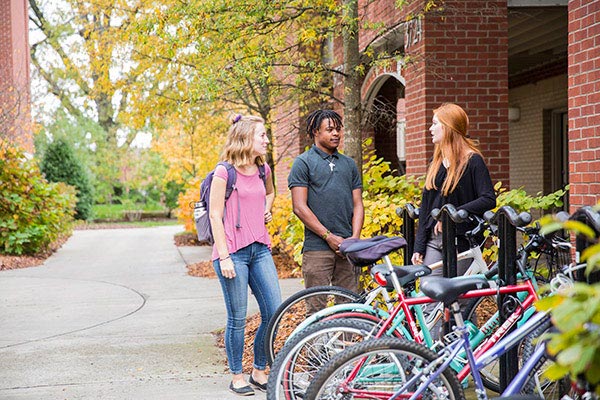
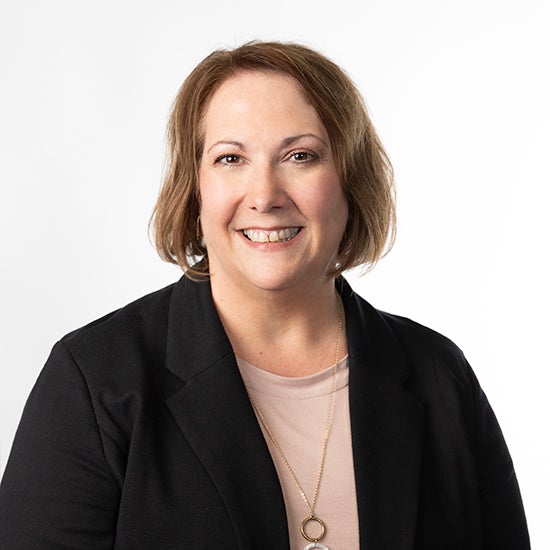
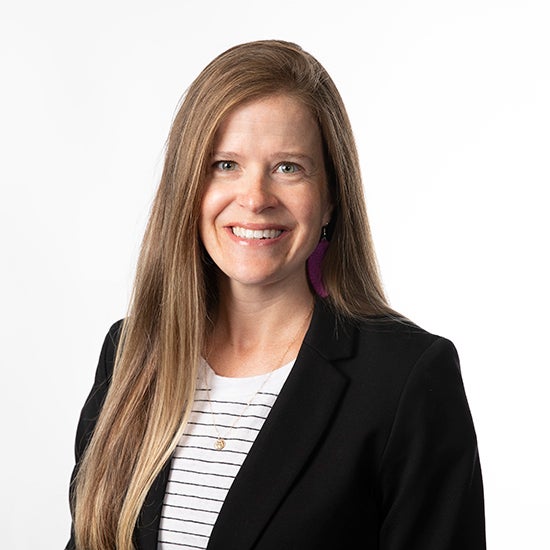
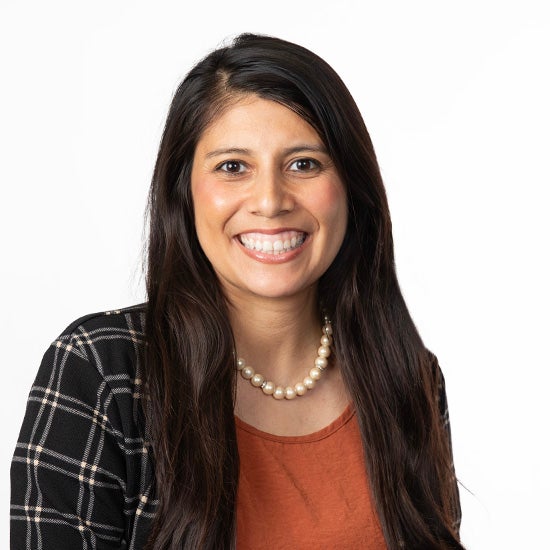
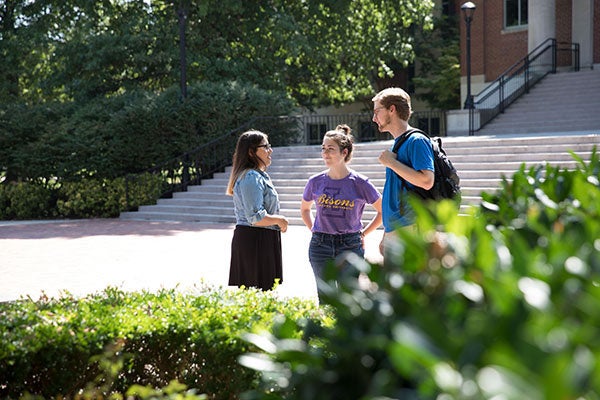

Social Work, B.S.W.